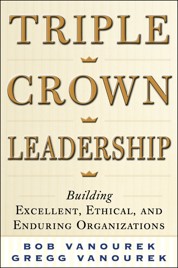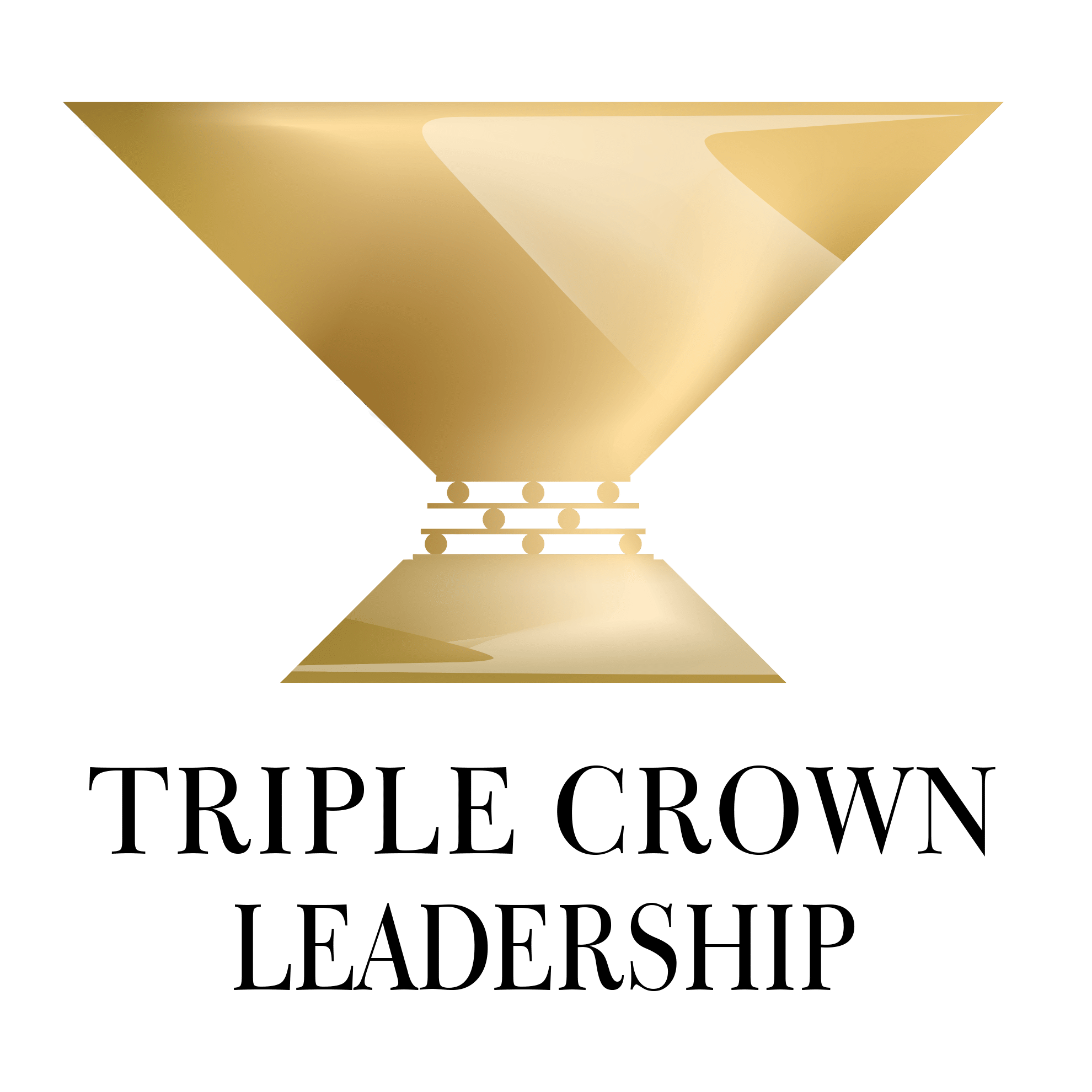“Building a Values-Based Company”
Interview with Bob Hatcher
President and CEO, MidCountry Financial Corporation
Leaders Speak Series
MidCountry Financial Corporation is a financial services holding company. Over the past ten years, it has acquired several financial companies, some of them troubled, blending them into a new, values-based organization.
We interviewed Bob Hatcher, its founder, president, and chairman.
Please tell us about MidCountry Financial Corporation.
Hatcher: We have about 315,000 customers and 1,200 team-members, operating in 19 states. We’re a group of community banks and finance companies, taking retail deposits and providing retail loans, mortgages, consumer loans, and small-business loans. Total assets are $1.4 billion. One of our operations, Pioneer Services, which provides financial services to the military, has been named twice as a “best place to work” small business. Our banks get rave reviews from their customers.
How would you describe MidCountry’s leadership approach?
Hatcher: Inclusive. We really work hard at communication and involvement. We are values-based with a set of norms for how we treat one another. We foster openness, candor, a sense of humor, being receptive to ideas, mutual respect and support, teamwork, commitment, passion, and trustworthiness. Those behaviors form our culture.
How would you describe MidCountry’s culture, and how did that culture form?
Hatcher: Our culture is open, inclusive, dynamic, and values-based. It derives from our leadership team and our values-based communications in everything we do.
Every team member has vision cards with the vision, mission, and values imprinted. At every employee meeting, I go over the vision, mission, and values. If anyone has their card with them, they get a $2 bill. We generally run 100% now.
When people have their performance reviews, the first five questions deal with the values of the company. Every time we make decisions, particularly if it’s a tough decision, the question is, “How does this fit in the values?”
When people have their performance reviews, the first five questions deal with the values of the company. Every time we make decisions, particularly if it’s a tough decision, the question is, “How does this fit in the values?”
In some cases, we had some folks who were ingrained in the past. We worked hard to try to bring them into our open culture, and we never could. So, we had to change those team members.
People regularly walk up to me now and say, “I’m proud to be part of this company because of our values. I came to work because of the values, and one of the reasons that I stay is the people and the values.”
How does the culture impact operating decisions?
Hatcher: The culture gives you a platform, a base, a core to make decisions from. It guides our decisions. We ask, “How would we feel if our decision hits the front page of the paper? How does it fit with integrity and honesty? Is it full disclosure?” It makes the decisions easier.
With the culture being open and people rewarded for speaking up and working on new ideas, it fosters innovation. We turn people loose. We turn project teams loose to find a better way or to solve problems. It’s amazing the answers they come back with, and it drives things forward.
What are the vision, mission, and values?
Hatcher: The vision for our company is “to build a high-quality financial services organization, respected by our constituencies, and characterized by values, grounded in integrity and fairness.”
The mission places customers, team members, and stockholders in that order. We want to deliver an excellent customer experience every time we touch them. If we do that job well, then we’ve earned the right to have jobs here. Obviously, the company needs to do an excellent job for the team members of the company. If we do the first two jobs right, the stockholders will get taken care of.
The values are Integrity, Honesty, Fairness, Excellence, and Compassion. Integrity, honesty, fairness, and compassion are all character values. Excellence is our performance value. We work hard on each one of them.
Compassion is one we spent a lot of time on with our team members. We confused folks because we said what’s important here is being sympathetic to the situations of others and showing we care. People wondered if they were supposed to drop certain bank charges when a customer objected. So, we said there are limits. If it’s against your standards of integrity or the company’s integrity, you should not do it. You can still show them that you care, but there are some limits.
Who was involved in setting the vision, mission, and values?
Hatcher: The leadership team developed them, and then we began to test them with our team members. We asked everybody for input. It was a collaborative process.
How does culture fit into your acquisition strategy?
Hatcher: We want to make sure that their culture is not counter to ours. We were pursuing Pioneer Services, an institution serving the military market. Pioneer’s owners had decided to sell the firm and invited potential buyers in to hear their pitch. Most companies came in, listened, and then proceeded to negotiate, but we said, “Could we just tell you about us first?” We launched into our mission, values, vision, norms, and culture. It totally changed the nature of the conversation. When we walked out of there we were soul mates. Pioneer’s great team joined us and continues to set financial records while being socially responsible and active in the community.
How much flexibility is there in the company’s leadership style?
Hatcher: If a group of people are in a room and a fire breaks out, you don’t have time to call a meeting to see which door you’re going out. Somebody has to say, “Get out; call 911.” Many times people will have to use more of a hard-edged or authoritarian approach, especially in emergency situations. If we see a teller committing fraud, you will see people take charge and use a much harder edge than you will if you’re talking about strategy and direction, what’s good for the company, and what’s good for the customer.
Everybody has a leaning one way or another as to whether they’re collaborative or directive. Some study problems to death and have difficulty coming to decisions. Some may be very authoritative.
What I think is really important is to be conscious of your own leaning so that, when situations come up, you can consciously use the style of leadership that’s necessary.
I think both hard-edge and soft-edge are used by good leaders, and you have to use some or both depending upon the situation.
I think both hard-edge and soft-edge are used by good leaders, and you have to use some or both depending upon the situation.
Can you give an example?
Hatcher: At a previous firm I led, I attended the staff meeting of the company and was appalled at their macho banter. I said, “I think that you’re having a contest to see who can use the foulest language. I don’t talk like that, and I don’t want to hear it. You’re going to embarrass yourself, customers, and offend women.” Dead silence followed. During the break one of the executives shrugged his shoulders and told me, “We just want to know what the rules are.” CEOs set the tone for an organization on a daily basis with their leadership style.
How distributed is leadership in the firm?
Hatcher: Authoritative leaders cap themselves. They do not empower others to get things done. I think a leader’s role is first to set a vision. Usually, visions are built collaboratively with the team. Then you get the right people on the bus. Then you set the environment for everyone else to succeed.
If you have to lead everything, you’re just aggrandizing yourself. The real world needs empowered project teams, individual leaders, all kinds of folks, to have success in their professions and their lives.
If you have to lead everything, you’re just aggrandizing yourself.
That’s how you get innovation. That’s how you get things moving within a company. We’ve got 1200 people in 19 states. I couldn’t possibly be in all those places. You develop leaders throughout the organization. Then you set up some boundaries, rewards, and penalties. Then you go around and try to knock down roadblocks, getting them out of the way of people.
It all starts with being a values-based company.
It all starts with being a values-based company.
+++++++++++++++++++++++
Bob Vanourek and Gregg Vanourek are leadership practitioners, teachers, trainers, and award-winning authors. They are co-authors of Triple Crown Leadership: Building Excellent, Ethical, and Enduring Organizations, a winner of the International Book Awards, and called “the best book on leadership since Good to Great.” Take their Leadership Derailers Assessment or sign up for their newsletter. If you found value in this, please forward it to a friend. Every little bit helps!


